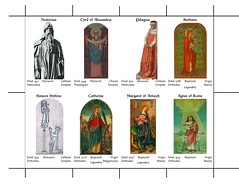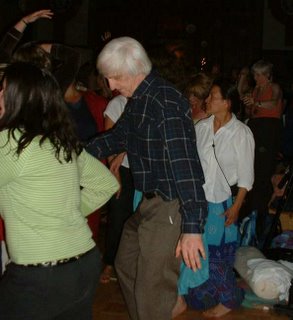Breaking news: Lexington diocese fires lay parish life directors
Ronald W. Gainer, the bishop of the Diocese of Lexington, called together all his lay Directors of Parish Life right before Thanksgiving and pink-slipped them all. Is the diocese, like the rest of the Catholic Church, so cash-strapped that it can't afford to pay these pastors? No; the bishop just decided he wanted priests in these roles. The laity has too much control; the church needs to move away from its "liberalism" of recent years. No word on where he's finding presbyters. (Perhaps he's got Frankenstein's lab in his basement, which wouldn't be very respectful of the culture of life.) One laywoman, a recent hire, had barely gotten accustomed to her new role and said that the bishop had been quick to affirm her she was doing a great job. Maybe because he knew she was on the way out? But not only laywomen and like rabble were kicked out: permanent deacons will no longer be directing Lexington parishes. The pastors have six months to find new jobs. Apparently by then Bishop Gainer will have pulled 67 priests out of his miter.
In case you were wondering, the Lexington diocese's phone number is (859) 253-1993. You can also email their contact Deacon Jim Paris here, unless, I suppose, the bishop digs up a priest to handle online correspondence. You know, that job really should be handled by an ordained leader of the Church. These laypeople.
I've gotten this info, which hasn't yet hit Google News, from a friend who's the family member of a Lexington parish life director. Not that the axe hasn't already fallen, but like some of my less scrupulous media colleagues, I'm keeping my sources private.








